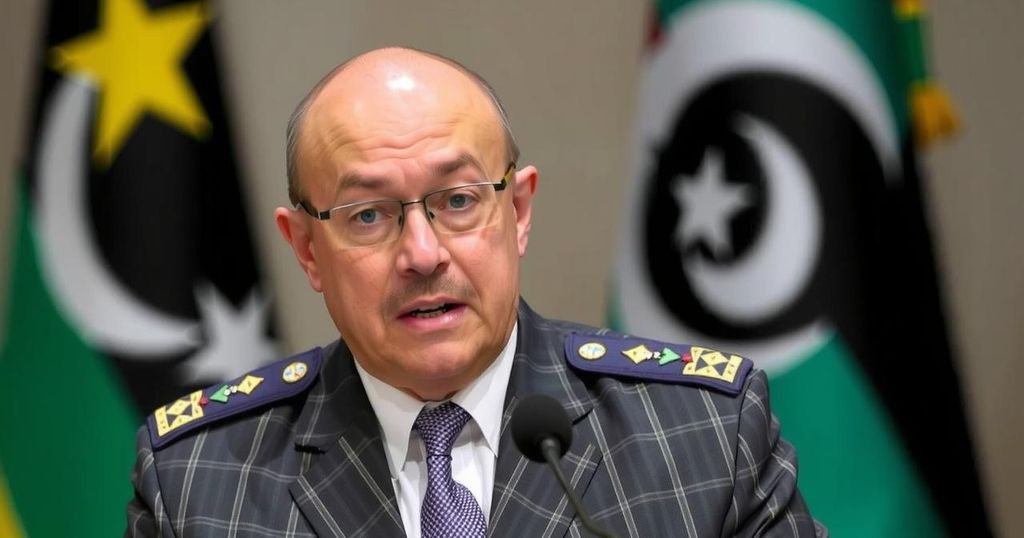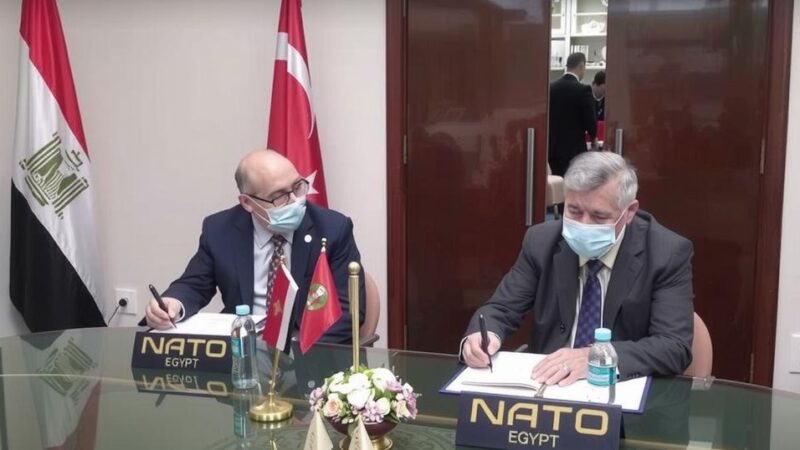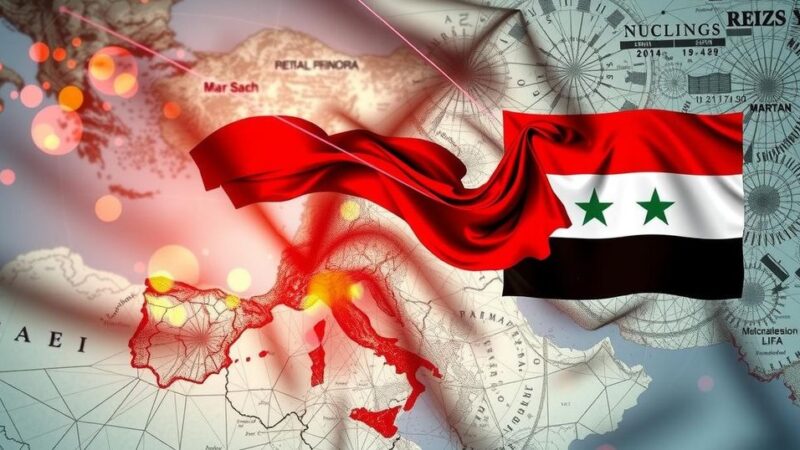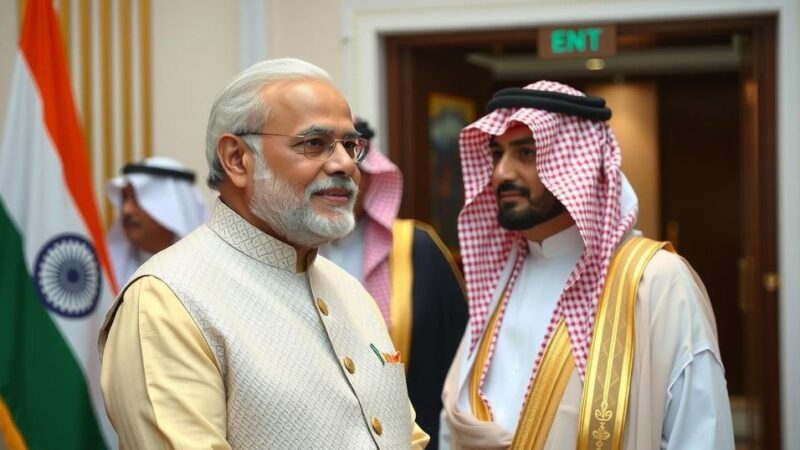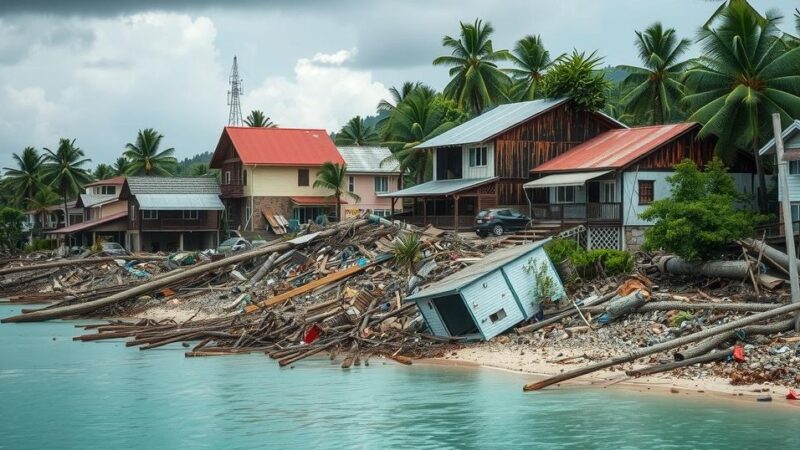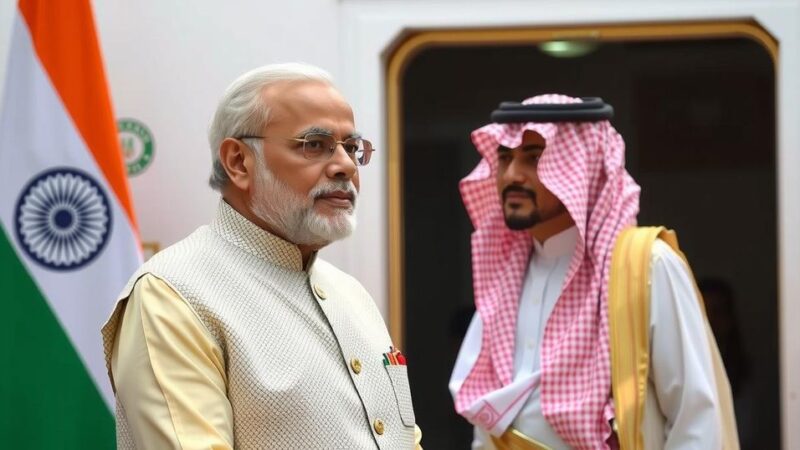The Libyan Prime Minister, Abdul Hamid Dabaiba, has resisted Russia’s military reinforcement in Libya, stating the country will not serve as a battleground for global conflicts. Amidst rising tensions and international scrutiny over local governance, Dabaiba seeks to maintain national sovereignty while preventing foreign military involvement, particularly in light of ongoing instability in the region.
The Prime Minister of the UN-recognized Tripoli government, Abdul Hamid Dabaiba, is resisting Russia’s attempts to enhance its military presence in eastern Libya. Dabaiba firmly stated that Libya would not become a battleground for international conflicts, emphasizing the importance of maintaining national sovereignty and peace. His remarks come in light of reports indicating the transfer of Russian military equipment from Syria to Libya, which is aligned with the rival administration in the east, supported by military leader Khalifa Haftar.
Dabaiba stressed that the influx of foreign weapons would exacerbate Libya’s already complex internal crises and that patriotic sentiments would prohibit a foreign power from imposing its dominance over Libyan affairs. He has reached out to the Russian ambassador for clarification regarding these military transfers. Furthermore, experts believe Dabaiba’s stance may be an attempt to gain favor with the United States amidst rising pressure concerning local corruption issues. Recent communication from the head of the Libyan Central Bank indicated that the Federal Reserve is suspending dollar transfers until an independent audit is conducted on transactions, reflecting increasing international scrutiny over Libya’s financial governance.
Continuous flights of Russian cargo planes to the al-Khadim base suggest that the geopolitical landscape in Libya is evolving, particularly post-Assad regime, and could provide Russia with more military leverage. Analysts contend that the transfer of advanced air defense systems could empower Libyan factions, notably Haftar, who seeks to fortify his strategic capabilities following past military setbacks. Overall, the situation remains precarious as Libya navigates external influences amid its quest for stability and governance.
Since the fall of Muammar Gaddafi in 2011, Libya has been embroiled in conflict, resulting in a fragmented political landscape divided primarily between the Tripoli-based government and a rival regime in the east, supported by military general Khalifa Haftar. Russia has maintained a presence in Libya, providing military support to Haftar, while strengthening its military installations in the region. Recent developments have raised concerns regarding the country’s potential role in broader international conflicts, especially with Russia’s attempts to transfer military resources from Syria to Libya following political changes in the Middle East.
In summary, Prime Minister Abdul Hamid Dabaiba’s rejection of foreign military interventions reflects Libya’s precarious political situation as it grapples with internal divisions and external pressures. His efforts to assert Libyan sovereignty against Russian military expansion aim to prevent Libya from becoming a focal point for international conflicts while addressing growing concerns regarding governance and transparency in light of international scrutiny.
Original Source: www.theguardian.com

